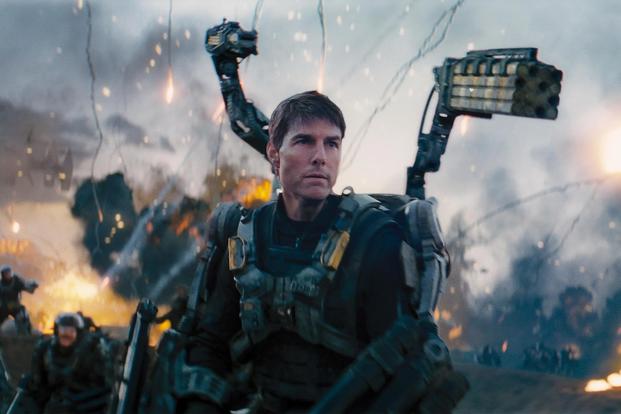A senior Army modernization official said today that the service needs to look to the visionaries of Hollywood for ideas on how future tech could change the Army in 20 years.
"I often tell people 'hey, if you want look to the future ... don't look toward the people that wear this,'" said Lt. Gen. Paul Ostrowski, principal military deputy to the Assistant Secretary of the Army for Acquisition, Logistics and Technology, pointing to his camouflage uniform.
"Where are you going to look? Hollywood. Think about it. How many things do we have in our hands today, or just right around the corner, that you saw on the movies when you were growing up?"
But it's up to Ostrowski, and other senior Army leaders, to carry out the service's ambitious new modernization strategy.
The Army announced its new modernization effort in October that's designed to replace its Cold-War era, Big Five combat platforms -- the M1 Abrams tank, Bradley fighting vehicle, Black Hawk helicopter, Apache attack helicopter and Patriot air defense system.
Speaking at a breakfast, hosted by the Association of the United States Army, Ostrowski explained how the new Army Futures Command -- to be based in Austin, Texas -- will create a future force capable of operating in the unknowns of 2036.
"What is the battlefield going to look like in 2036?" Ostrowski said. "What are ... the tactics, techniques and procedures that we are going to need to have to fight and win in that war, in that battle?
"Where is it going to be conducted?" He continued. "Megacities? What will be our unit of action? Right now we are organized around brigade combat teams. Is that what we are going to need to be organized in the future?"
The futures and concepts group within Army Futures Command will be working on these issues as well as figuring out how future technologies such as quantum computing, high-energy lasers, directed-energy weapon, hypersonics and artificial intelligence will play a role in the future force, Ostrowski said.
"What is going to be capable of being produced and available in 2036? The visionaries of the futures and concepts group have to get after that particular piece," Ostrowski said.
The Army is actively recruiting talent to work on the technological challenges of the future -- Hollywood may be the place to start, Ostrowski said.
"We have to get after those visionaries to help us get after that fight and what it is going to look like in 2036," he said.
Matthew Cox can be reached at matthew.cox@military.com.












